Foster Parent Spotlight: Meet KC
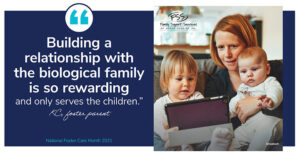
KC** knew some kind of family support service was in her plans – her husband was adopted from foster care as an infant, and KC’s mom relied on a lot of family support when it came to her upbringing. But it wasn’t until she noticed a friend at her church attending with new children that she began to really learn about and consider being a foster parent. Now that they’re licensed, they already have a foundation of learned experience to draw on – and that they want to share with others considering becoming foster parents.
For starters, the idea that children are in the system of care because “they’re naughty” has to go, she says. “One thing I hear a lot is ‘you never know what you’re gonna get’ or ‘aren’t you worried about your own children?’ People assume children who are in care must be terribly behaved or have problems. … They’re not there through their own fault,” KC says. “… Their whole world is getting shaken up [when they enter care]. Don’t look at them as troublemakers; look at them as kids who need care.”
And while each care experience is different, KC also wants to emphasize the importance of foster parents being good advocates for biological families and their children. KC says she learned so much from the foster and biological parents who spoke to her Parent Resources for Information, Development and Education (PRIDE) training class that she wanted to model her own experience after them. KC sends photos for biological families during every visitation, and often includes books for the parent to read with them. KC just wants the parents to know their child is “doing great and they don’t need to worry about [their child] – they can focus on being healthy and when the time comes [for the family to be reunited], we’ll be happy for them.”
“Building a relationship with the biological family is the coolest thing,” KC says. “It’s so rewarding and only serves the children.” Even 10-minute virtual meetings each week help families in care stay bonded, especially during COVID-19. “Basically, I treat her the way I would want to be treated if my children were in foster care.”
Being a foster parent has its own special weight, KC admits – “recognize there are a lot of little appointments that happen in foster care (with Guardian ad litem, sibling visits, parent visits, sometimes therapy) and when you add those together, it really takes up a lot of time.” But even if people aren’t fostering themselves, they can look for ways “to give foster families all the support they would need to say ‘yes’ comfortably” to a placement. That might be as simple as giving them a gift card so they can feel OK about ordering pizza after a long court day, offering to help mow their lawn or pitching in with a load of laundry. A retired teacher at KC’s church even offered to help with tutoring if any of the children in her care need it.
“If you know your neighbor is a foster parent and you’re at the store, call them and see if they need any groceries,” KC says. ”Take the things you’re doing and see where you can naturally add one more family to that everyday chore” – what seems like a small act can be really helpful.
** — KC wished to keep their identity private.

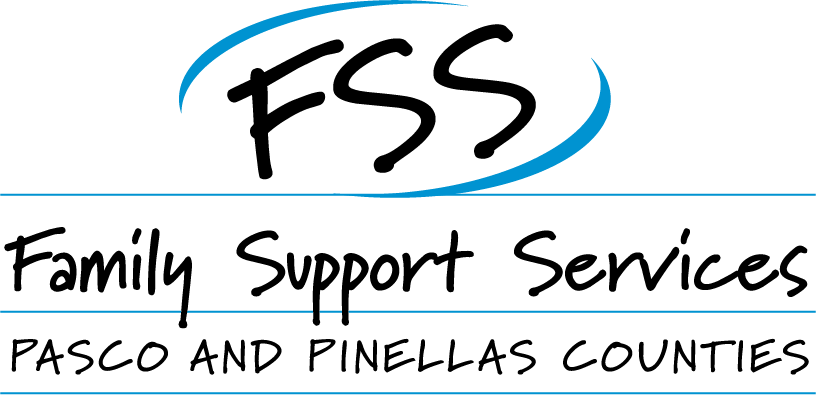
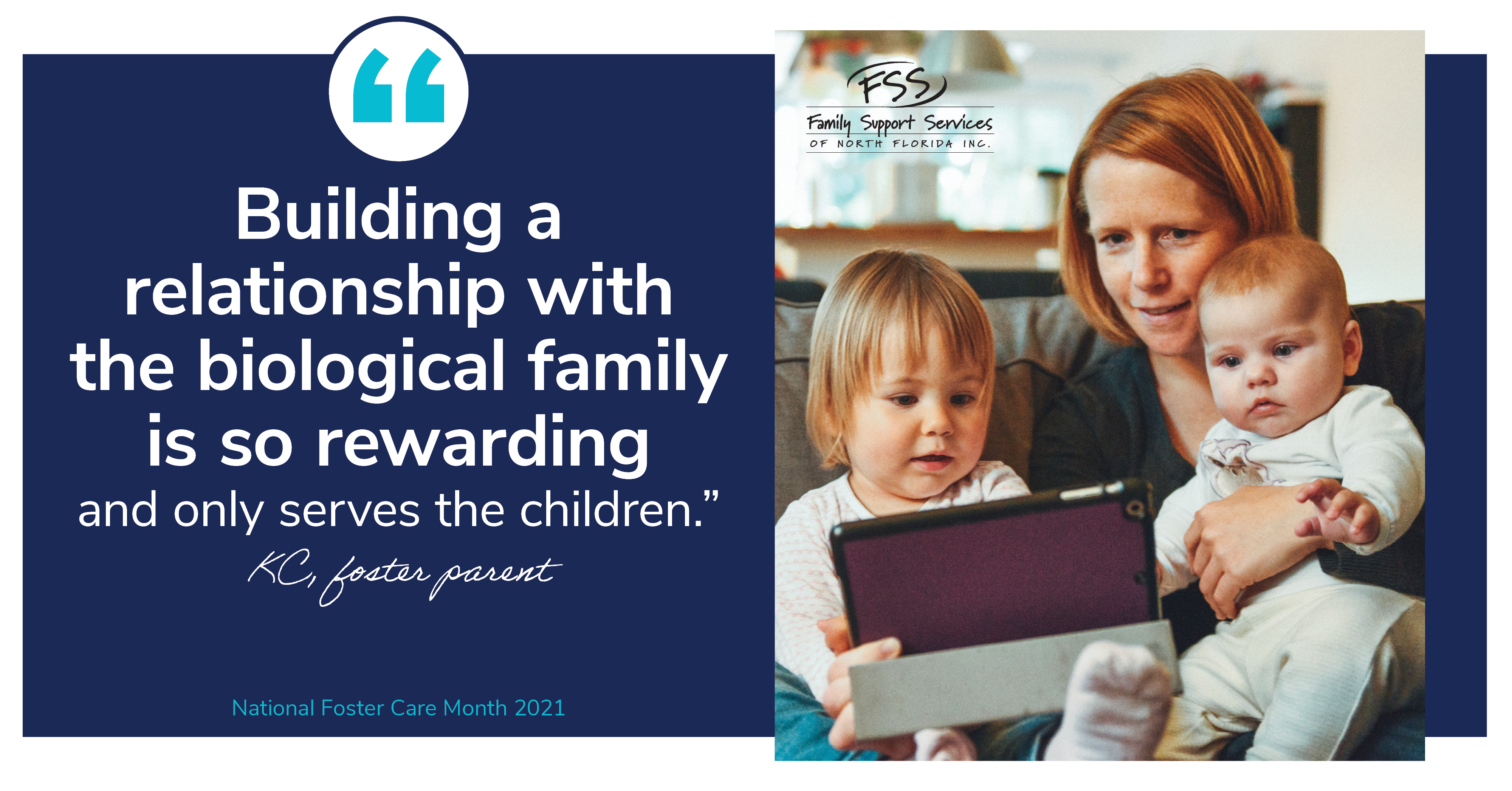
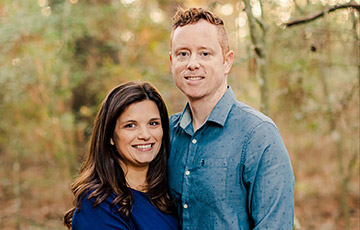


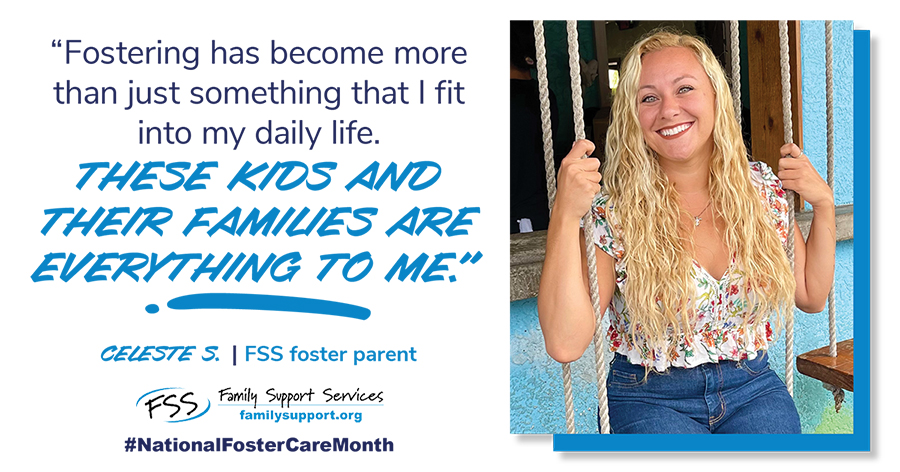

0 Comments